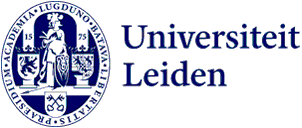
Leiden University to study the rise and persistence of income inequality
Income inequality in the Netherlands is an upward trend. Leiden University will examine the causes behind this increasing inequality and why income inequality persists. The research has been commissioned by the Ministry of Social Affairs and Employment.
What causes income inequality to rise? Previous research conducted by Professor Egbert Jongen and Assistant Professor Heike Vethaak of Leiden University – Stille wateren hebben diepe gronden (Still waters run deep) – revealed that income inequality in household disposable income in the Netherlands has risen over the past 40 years. This increase is due to the increase in the inequality of market income: income from wages, profit and assets. Lower incomes in particular lag behind, while the top 1% of incomes have grown relatively fast. How can that be explained?
Factors that explain income changes
In the first part of this follow-up study, both researchers will work together with their new colleague Sander Kraaij to first examine the separate role of changes in income from wages, profit and assets. They will then conduct further research into the factors and societal developments behind this, such as changes in demographics, education levels, and the structure of sectors and occupations. The researchers plan to complete this part of the study by the summer of 2026.
Can small beginnings lead to bigger fortunes?
The second part of the research will examine social mobility. Here, the researchers will look at shifts in the financial position of households. The previous study looked at static income inequality, in a given year. In the follow-up study, they will also conduct further research into the underlying dynamics. To what extent do poor households remain poor and rich households rich? Is this persistence in income positions changing? And to what extent does our picture of income inequality and its development change when we measure inequality over a longer period of time? The researchers plan to complete this part of the research by the summer of 2027.
